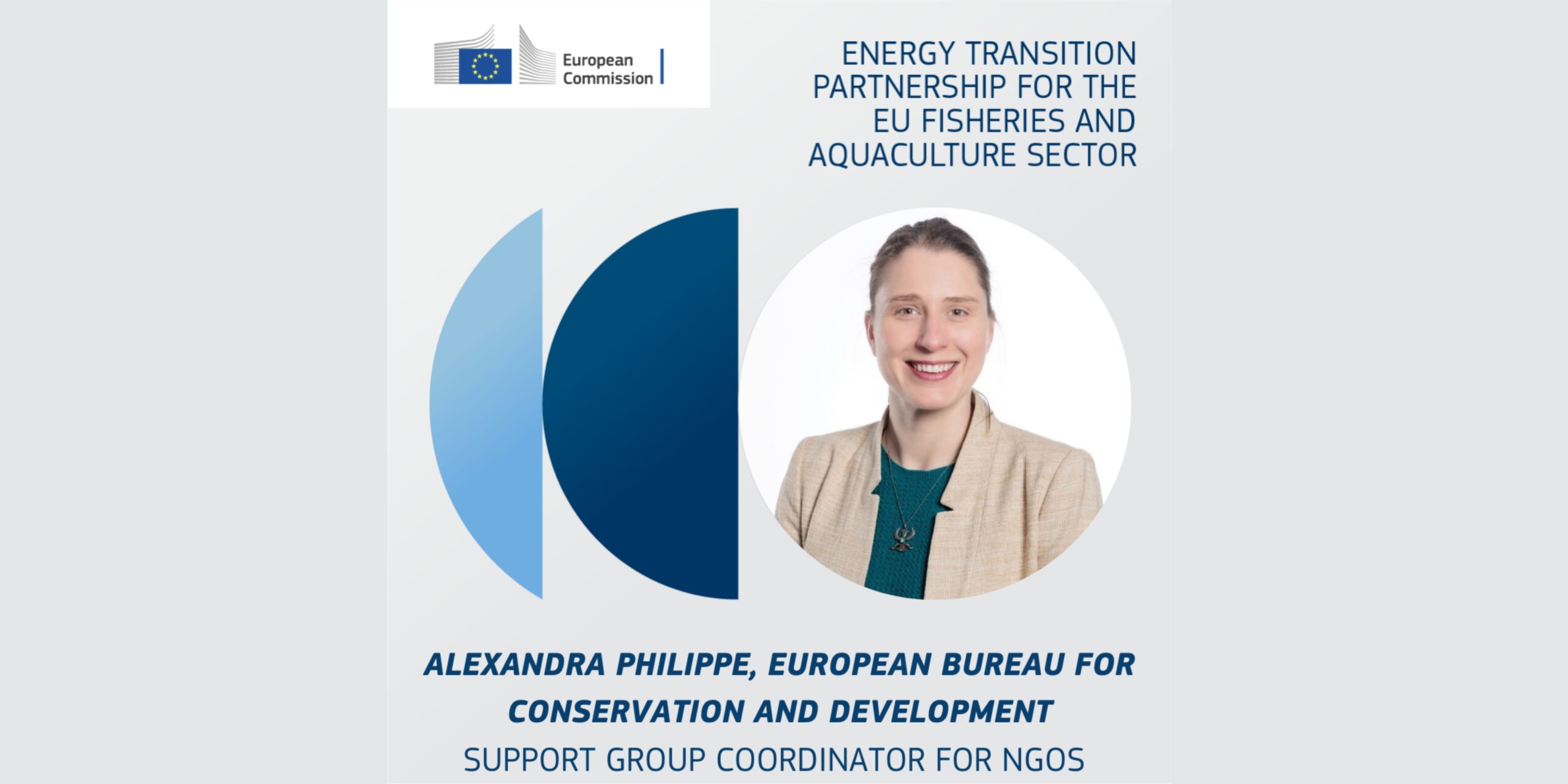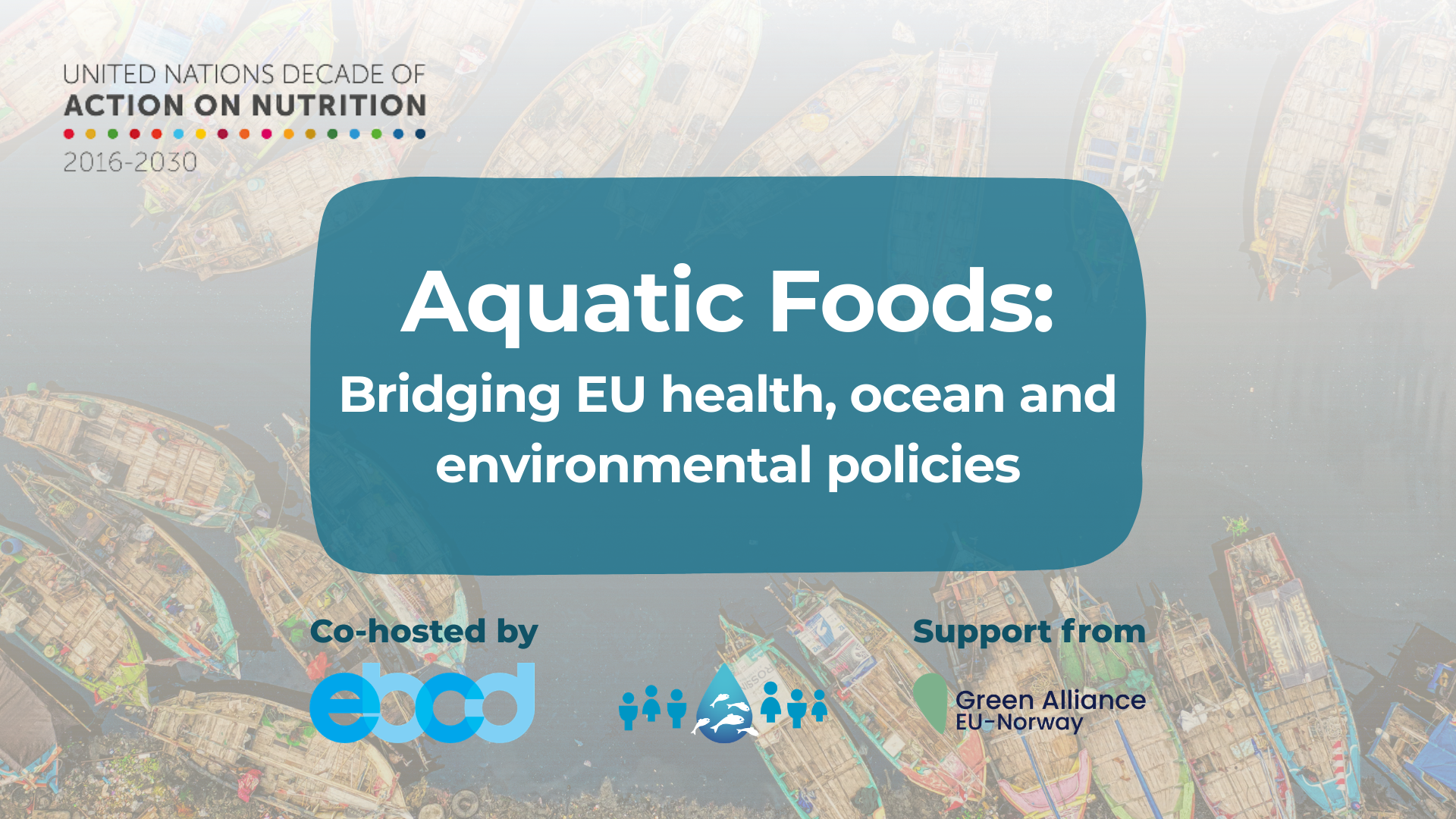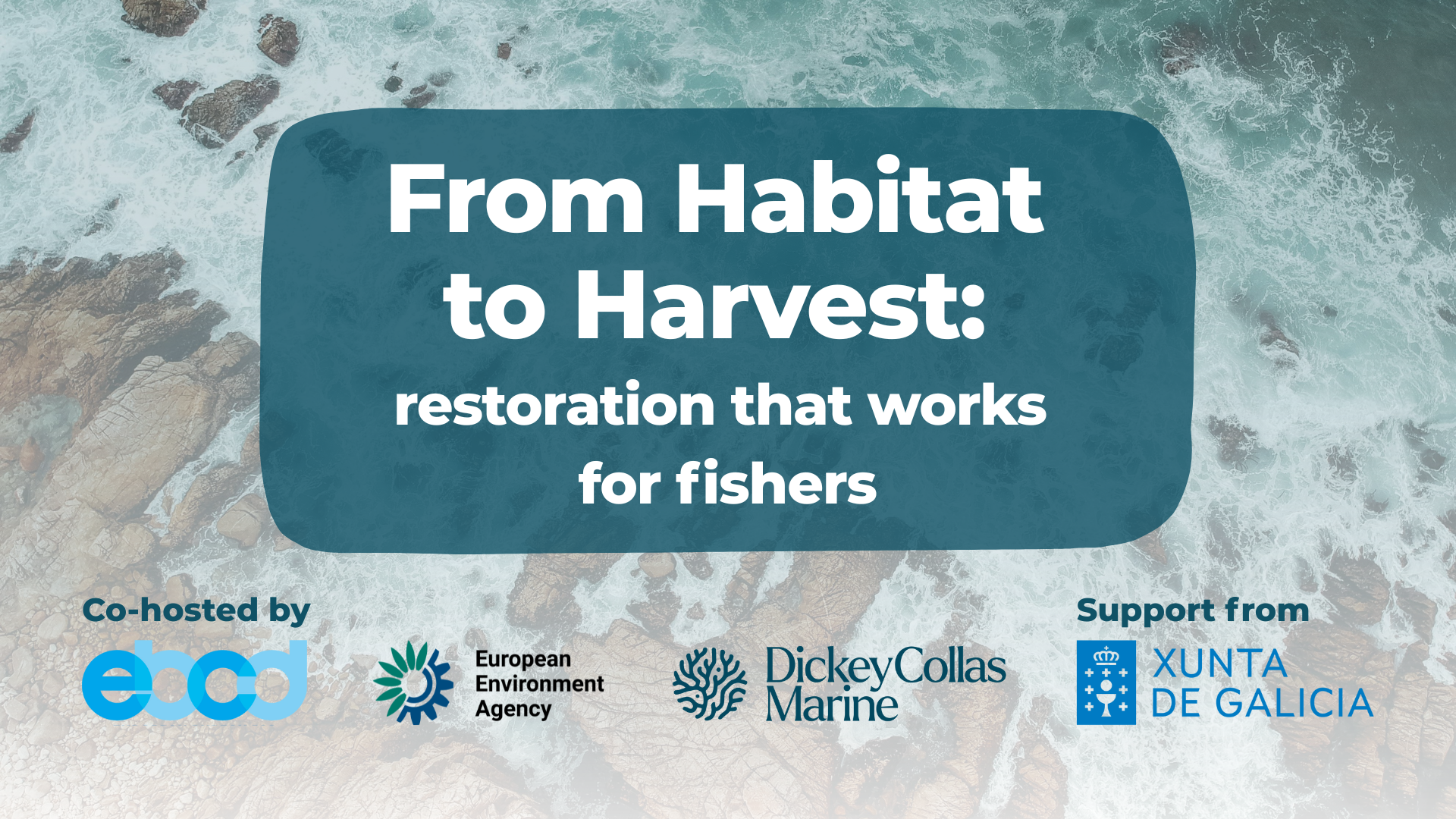EBCD is proud to announce that our colleague, Alexandra Philippe, has taken on the role of Support Group Coordinator for NGOs within the Energy Transition Partnership (ETP). In this capacity, she will focus on fostering collaboration, driving innovation, and addressing critical challenges within the aquaculture and fisheries sectors. Alexandra will contribute her expertise to developing practical solutions that will support the energy transition toward a cleaner, greener future.
The Energy Transition Partnership, launched in June 2023, is a platform that brings together stakeholders committed to accelerating the energy transition of the fisheries and aquaculture sectors. It aims to foster collaboration and knowledge sharing in key areas such as innovation, technology, skills, and finance, with the ultimate goal of achieving climate neutrality by 2050. The ETP has appointed ten Support Group Coordinators, who will provide insights, exchange best practices, and assist the European Commission in developing the ETP roadmap, which will set measurable milestones to guide the transition to a sustainable future by 2025 (more).




